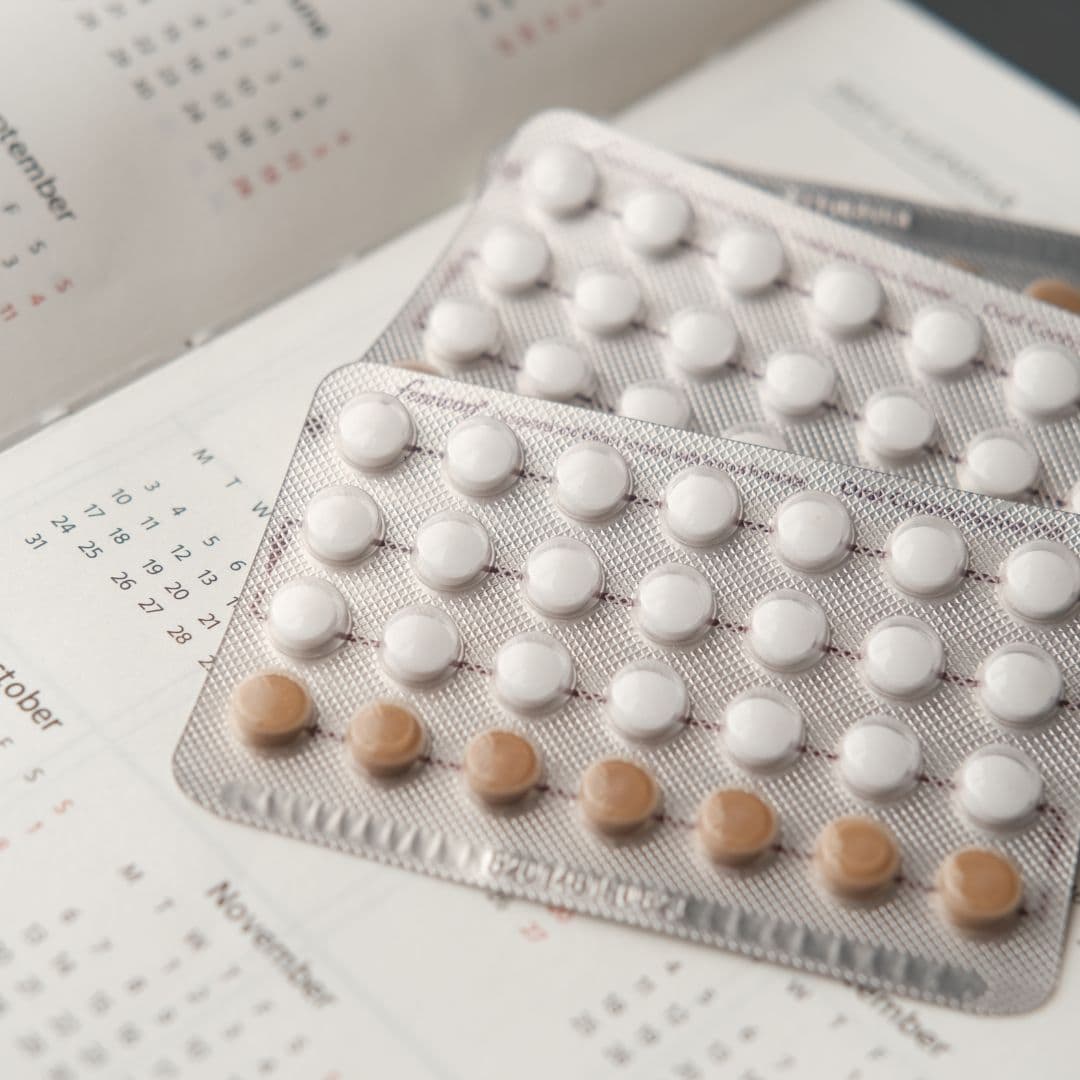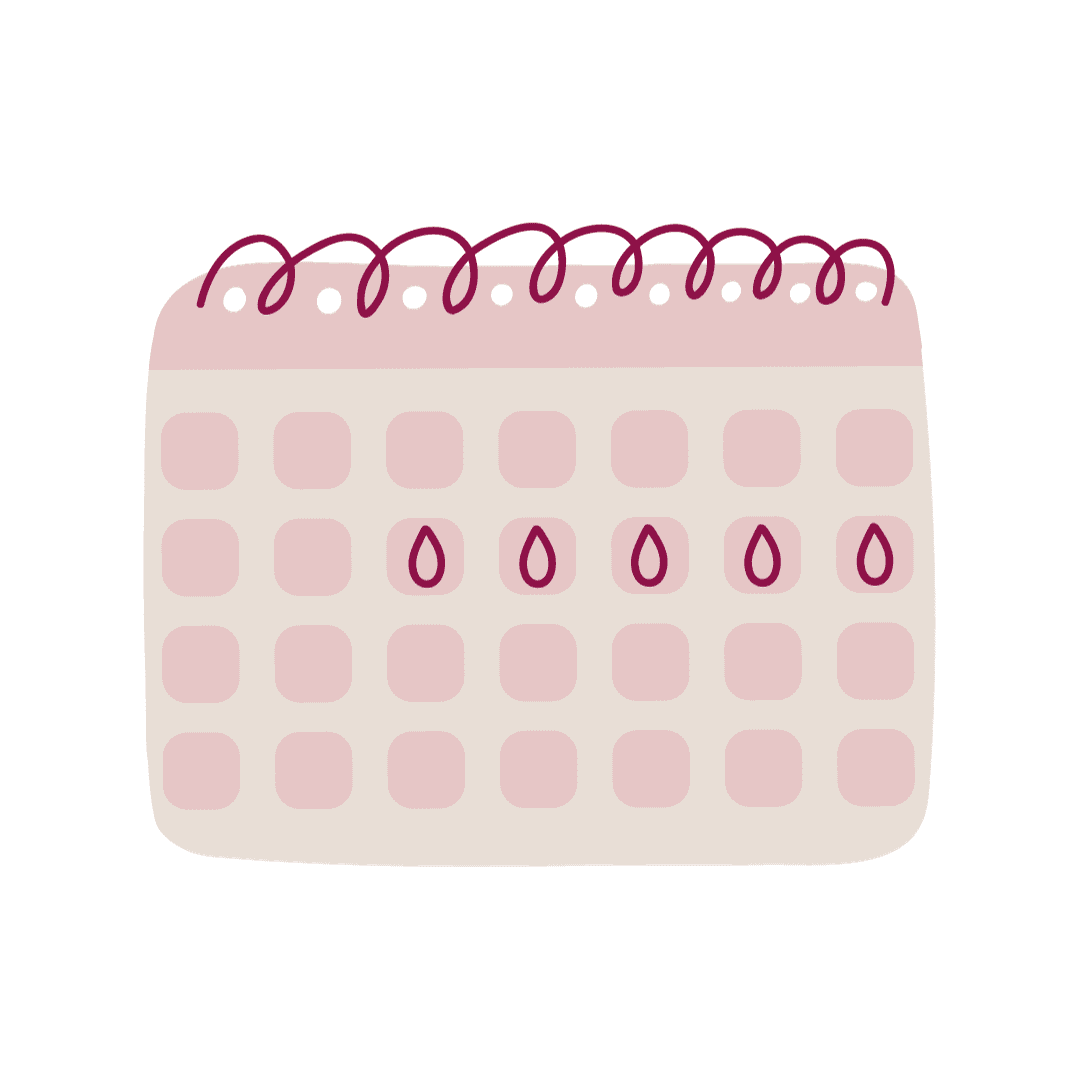
Why Am I Losing Hair? Let's Talk About Hair Loss and What *Actually* Works
Noticing more hair in your shower drain? Avoiding your hair brush because it reminds you of how much hair you're losing daily? You're not alone. In fact, I'm right there with you! Hair loss is...








